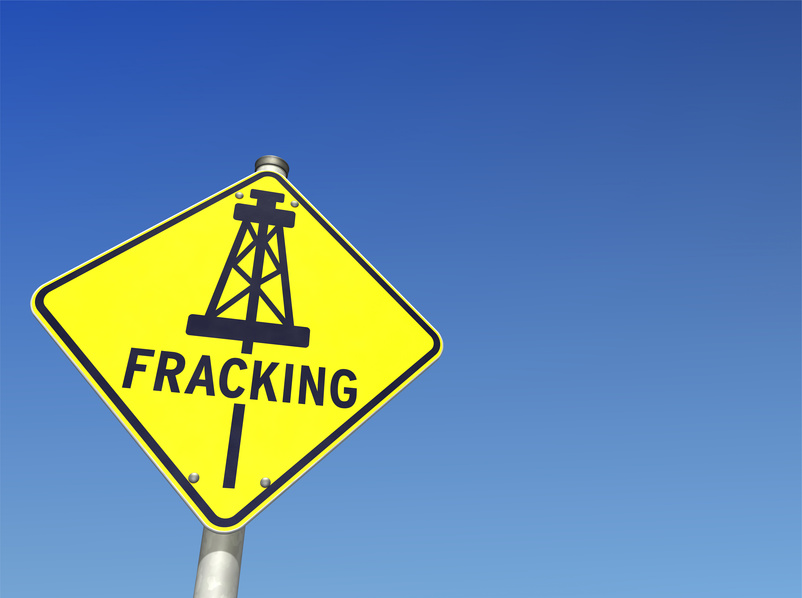
29 May New Study Reveals Fracking’s Effects on Air Quality Not as Harmful as Expected
In another finding that supports continued hydraulic stimulation and fracturing in the Marcellus Shale, a new study has found that the effects of fracking on air quality near shale drilling sites is not as bad as previously predicted.
The findings, published in the journal Environmental Science and Technology by a group of Drexel University researchers, revealed that air quality in and around fracking wells drilled in northeastern and southwestern Pennsylvania was not a major concern.
“From an air-quality perspective, it’s not as damaging as we expected,” said Dr. Peter F. DeCarlo, assistant professor of chemistry at Drexel and one of the study’s authors.
Hydraulic fracturing, or fracking, is the drilling method behind the current shale boom in the U.S. oil and gas industry. The U.S. Department of Energy estimates that 2 million oil and gas wells were drilled using hydraulic stimulation equipment, and 95% of new wells are drilled with fracking.
Additionally, according to Energy Information Administration (EIA) data, U.S. shale gas production will rise to 13.6 trillion cubic feet by 2035, accounting for about half of the country’s natural gas production.
Since its inception, fracking has generated controversy among environmentalists and public health advocates for its potentially-harmful effects. They argue that fracking, which sends high-pressure blasts of water, sand and other chemicals into the ground to break apart shale rock and release natural gas, could contaminate groundwater and harm air quality.
However, the Drexel researchers’ findings disprove any concerns surrounding fracking’s impact on air quality. These findings are just more good news for the American oil and gas industry, which supports 9.8 million American workers and drives 8% of the country’s economy. Citizens who live near a fracking well site will also be able to breathe a little easier with this knowledge.
What are your thoughts on this study’s findings? Have any other questions about frac work and surface production? Let us know in the comments below.



Sorry, the comment form is closed at this time.